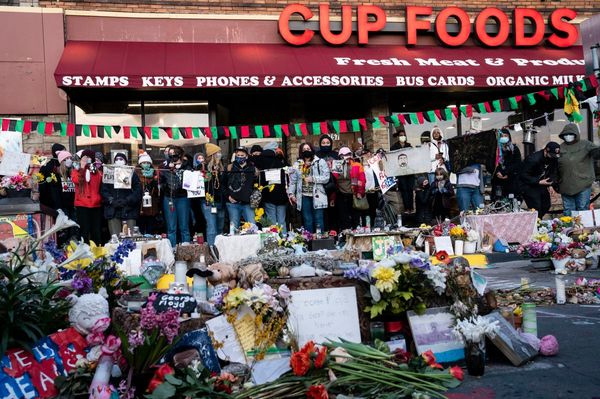On Sept. 24, 2008, then-President George W. Bush addressed a worried nation.
"Our economy is facing a moment of great challenge," Bush said, "but we've overcome tough challenges before, and we will overcome this one."
The country was indeed facing a great challenge in the form of the Great Recession, which started in December 2007 and ran to June 2009, the longest economic downturn since World War II.
Real gross domestic product was falling while unemployment was soaring, hitting a peak of 10% in October 2009.
But something else was climbing right along with unemployment: fraud.
At the height of the recession in 2009, the Federal Bureau of Investigations’ Internet Crime Complaints Center received 336,655 complaints of online crime, up 22.3% from the previous year.
Total monetary losses came to around $559.7 million, more than double the 2008 total.
Intense Financial Pressure
After the recession ended, the Association of Certified Fraud Examiners released the results of a survey which concluded that intense financial pressure during the economic crisis led to an increase in fraud, according to SEON, an online fraud prevention platform.
In the years following the economic downturn, there was a consistent decline in the number of complaints of online crime. In 2013, that figure was around 262,813.
From 2014 to 2018 the number of complaints to the FBI increased each year, SEON said, with the total recorded number of complaints in 2018 reaching 351,938 -- around 15,283 more than in 2009, during the recession.
Now the economy is facing another challenge.
When the most recent recession hit the United States in 2020, following the outbreak of covid-19, the Bureau of Labor Statistics said that unemployment reached its highest level, peaking at 14.7% in April, a stunning 308.3% increase from 2019.
Rising Fraud Complaints
The number of complaints of online crime jumped to 791,790 in 2020, up 69.4% from 2019. The total monetary losses of online crime were over $4.2 billion in 2020, up 20% from the $3.5 billion estimated losses the previous year.
Online fraud didn't slow down in 2021. The FBI received over twice as many complaints last year compared with the last recession in 2009, with total monetary losses exceeding 7.5 times those of 2009.
And on Sept. 12, the U.S. Department of Justice said two Nigerian men were sentenced to prison for stealing more than $2 million in an internet fraud scheme.
From 2016 through May 2021, Olumide Obidare, 29, and Stephen Oseghale, 29, conspired with each other to use fictitious and stolen identities to engage in business email compromise fraud and pursue fraudulent romantic relationships online.
Business email compromise is a type of email cybercrime scam where an attacker targets a business to defraud the company.
The two defendants would get businesses to click on phony links to compromise email addresses, then pose as companies actually doing business with them.
They obtained false identification, including passports and driver’s licenses, and used them to open accounts at banks throughout the country and moved the proceeds of their scams to these accounts.
Social Catfish, an online dating investigation service, said online scams are up “as people were forced to work, shop and date online … Scammers have grown increasingly sophisticated to capitalize.”
SEON said many businesses today handle correspondence and transactions primarily online, increasing their reach but also increasing their vulnerability to online crime during volatile times.
Any disruption in the economy provides opportunities for fraudsters to infiltrate businesses.
More Susceptible to Attacks
During times of economic hardship, many companies reduce or even cut seemingly non-essential departments in an effort to save money.
Small or new businesses with lower budgets feel increased pressure to save costs, which is making them more susceptible to attacks, SEON said.
Some larger companies can underestimate the importance of up-to-date digital security and employee training, resulting in these essential teams downsizing.
As a result, fraudsters who were previously foiled by security departments with higher budgets are often left with better opportunities to infiltrate vulnerable businesses.
The consequences can involve anything from identity theft to account takeovers, data breaches and beyond, SEON said.







